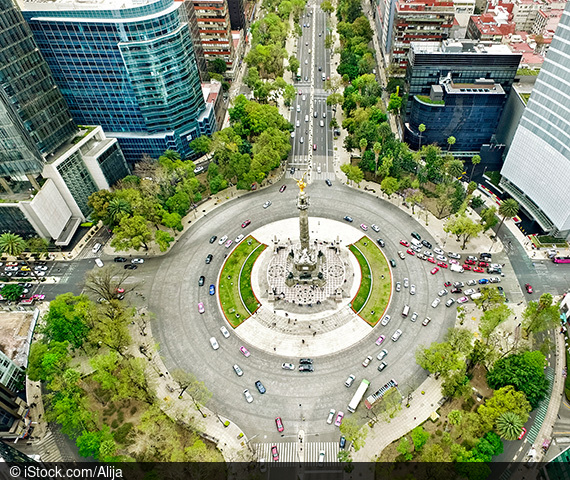ZEW Researchers in Favour of Introducing Congestion Charges in Cities
Energy Transition and Climate ChangeTransport Policy Solutions
Against the backdrop of the current transport policy debate, researchers at the ZEW – Leibniz Centre for European Economic Research emphasise that the problem of traffic-related issues in city centres, such as air pollution and traffic jams, can be solved efficiently by means of congestion charging. They thus support an initiative of the Board of Academic Advisors at the Federal Ministry for Economic Affairs and Energy, which advocates that market-oriented solutions be pursued in transport policy.
In spring 2018, a research team from ZEW, the Leibniz Institute of Ecological Urban and Regional Development (IÖR) in Dresden and the Leipzig University of Applied Sciences (HTWK Leipzig) had already pointed out that from an economic point of view, a congestion charge is clearly preferable to measures such as diesel driving bans. In this way, a congestion charge should be based exclusively on the varying levels of pollutant emissions – regardless of the type of fuel and technology used. In addition, it should reflect the negative effects of driving a car in a visible way and ensure that it is the polluters who bear the costs of abatement. Vehicles with higher emissions would thus pay a higher tariff.
“This means that the busier the roads and the more polluted the air, the higher the charge should be. However, the key point here is that congestion charging provides those affected with a choice. They themselves can decide whether or not it is worth driving their car into the city centre, or whether they want to look for alternatives,” says Professor Martin Kesternich, deputy head of the ZEW Research Department “Environmental and Resource Economics, Environmental Management”.
A congestion charge creates effective incentives for drivers to change their behaviour and improves the air in cities at lower social cost than would be possible with diesel driving bans, the researchers argue. “The price mechanism signals to drivers when journeys into the city centre are especially harmful to people and the environment,” explains Kesternich.
According to the researchers, the debate on climate-neutral transport concepts should be conducted on the basis of empirical studies that clearly identify causal effects. To this end, however, researchers need data of better quality and quantity than those currently available, as is noted in a recently published ZEW policy brief (available in German only).
